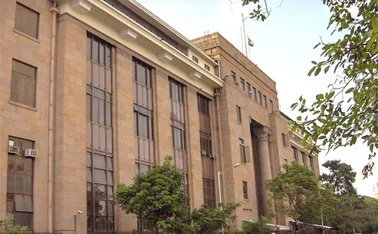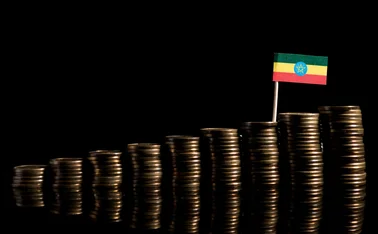
Reserves in Tunisia keep falling
Country battles high inflation and high deficits as it receives support from the IMF

Reserves at the Central Bank of Tunisia continue to fall and now cover 71 days of imports, according to data published by the institution on August 2.
Lower net assets in foreign currency are making it harder for the central bank to respond to the economic woes afflicting the country. The Tunisian dinar has depreciated by 9.7% against the US dollar since the beginning of 2018, reaching 2.72 today (August 3).
As a knock-on effect, imports have become more expensive and inflation has risen. The
Only users who have a paid subscription or are part of a corporate subscription are able to print or copy content.
To access these options, along with all other subscription benefits, please contact info@centralbanking.com or view our subscription options here: http://subscriptions.centralbanking.com/subscribe
You are currently unable to print this content. Please contact info@centralbanking.com to find out more.
You are currently unable to copy this content. Please contact info@centralbanking.com to find out more.
Copyright Infopro Digital Limited. All rights reserved.
As outlined in our terms and conditions, https://www.infopro-digital.com/terms-and-conditions/subscriptions/ (point 2.4), printing is limited to a single copy.
If you would like to purchase additional rights please email info@centralbanking.com
Copyright Infopro Digital Limited. All rights reserved.
You may share this content using our article tools. As outlined in our terms and conditions, https://www.infopro-digital.com/terms-and-conditions/subscriptions/ (clause 2.4), an Authorised User may only make one copy of the materials for their own personal use. You must also comply with the restrictions in clause 2.5.
If you would like to purchase additional rights please email info@centralbanking.com







